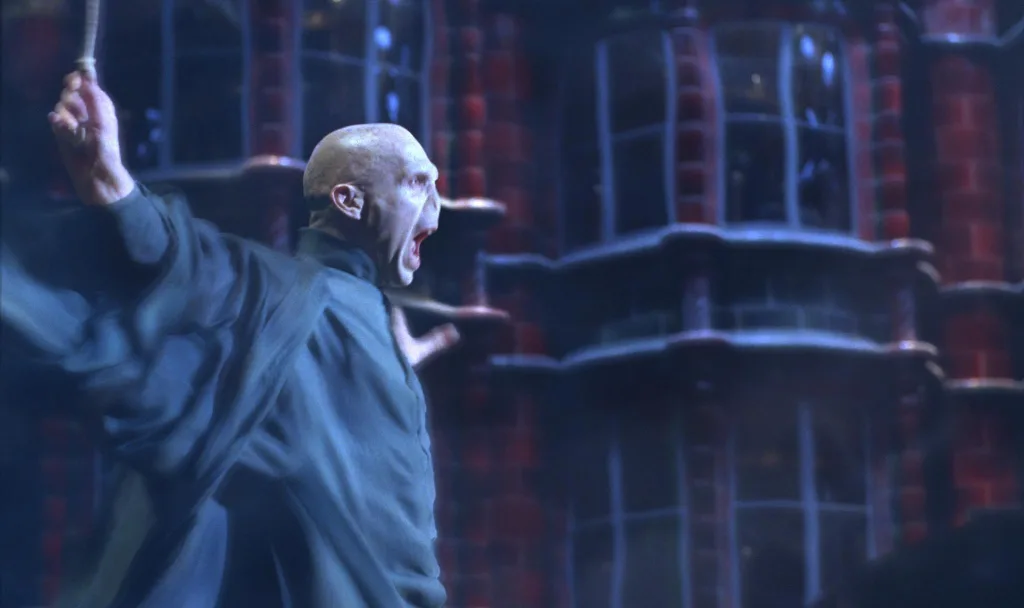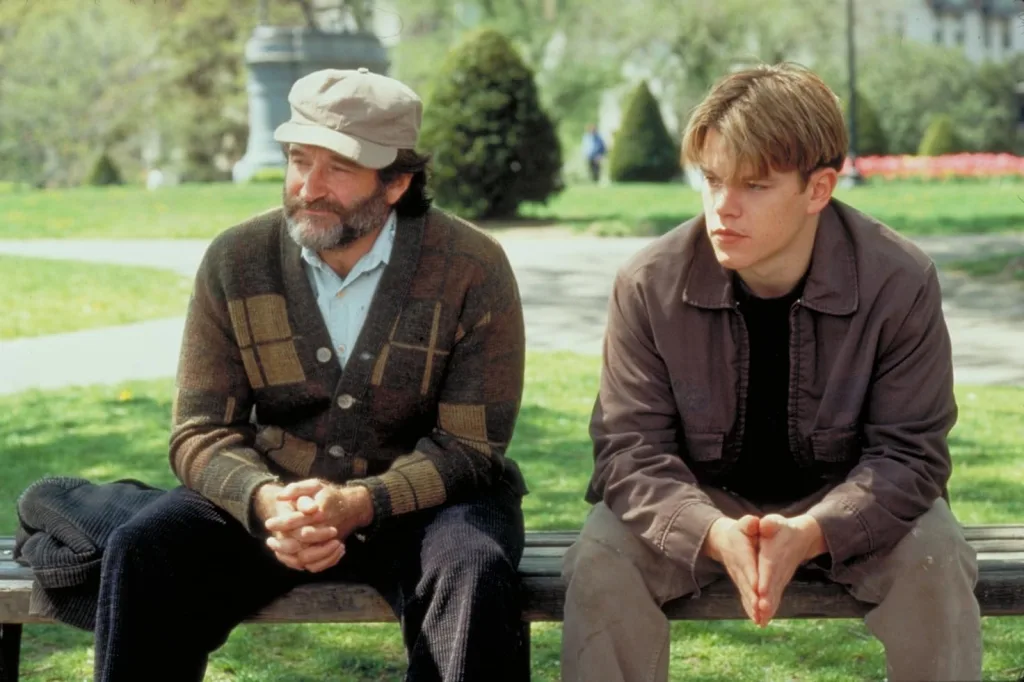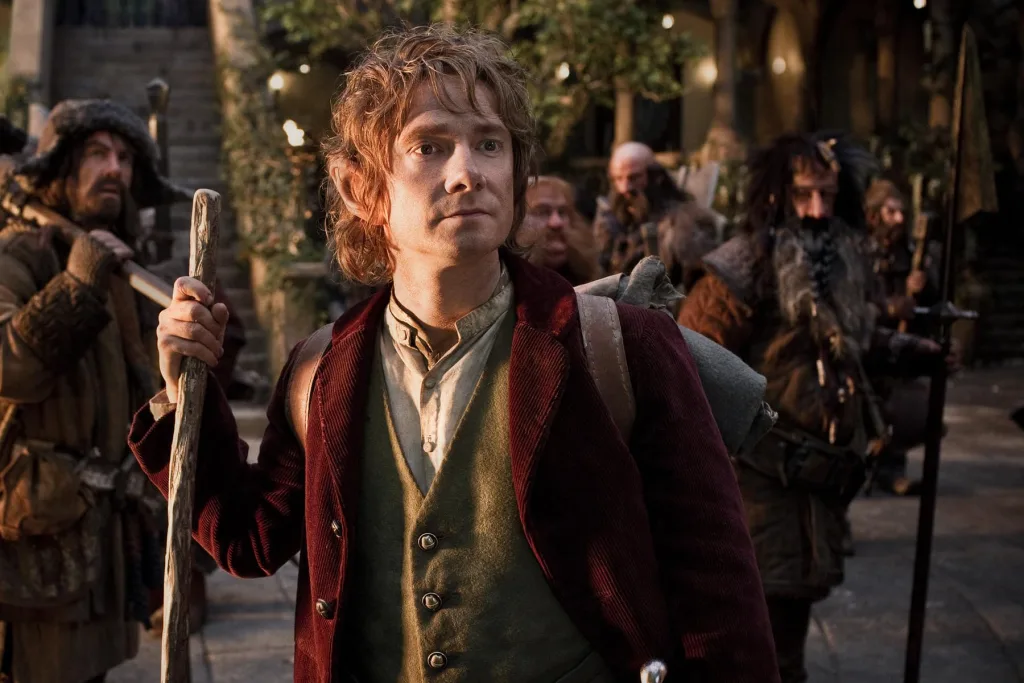Magic is a well-known concept in literature, especially in science fiction. Many movies and books feature wizards, witches and spells. In reality, we do not see any of these elements. What does magic symbolize, and how can we apply its principles to improve our lives?
In J.K. Rowling’s beloved Harry Potter series, magic takes center stage. Harry Potter, the archetypal hero, learns that he possesses magic, unlike the muggle family he grows up in. He can nourish and develop this proclivity, growing more powerful as a consequence. The Dursleys, his family, deny any notion of magic. They live under the impression that no supernatural things exist and try their very best to live their normal lives as undisturbed as they can.
The meaning of magic
In Hogwarts, Harry learns that magic isn’t merely about waving a wand and uttering incantations. It’s a discipline that demands concentration, emotional regulation, and self-awareness. It’s a study subject that can be very hard to master. Every spell needs to be articulated with extreme precision, with the right intention and focus. One prime example of this is The Patronus charm, a powerful shield against dark creatures like Dementors. To conjure a Patronus, wizards and witches must focus on a happy memory. They need to draw on their emotional strength to manifest a protective entity, which requires utmost concentration.
Interestingly, Dumbledore, the wise headmaster of Hogwarts, declares, “Ah, music, a magic beyond all we do here.” He calls music, with its blend of rhythm, melody, and emotional resonance, a form of magic. Indeed, music has the power to transform our thoughts, feelings, and actions. It is also universal, as individuals from different cultures can understand it. Music can easily access the deepest parts of our souls. It transcends our reality.

If we would have to believe Dumbledore and music is the ultimate form of magic, then magic has to be the vessel that brings us in contact with the transcendent. It represents the pathway to meaning and purpose.
This resonates with anthropologist Claude Lévi-Strauss’s insights in The Sorcerer and his Magic (1963). He proposes that magic bridges the gap between “normal” thought processes (reason, science) characterized by a lack of meaning, and “pathological” thought processes (hallucinations, magical thinking) brimming with meaning. In this sense, magic acts as a mediator, balancing the rational and the supernatural to create a more holistic understanding of the world.
The Dursleys have chosen to ignore the pathological thought processes. They choose for the blissfully ignorant pathway, where they overflow their son Dudley with presents and protect him from any harm from the outside world.
The wand chooses the wizard
To invite more meaning into our lives, and tap into the ethereal beauty it offers, we can look to the example set by the wizards and witches of Hogwarts. They cultivate their imaginations through creative spellwork and embrace the unknown through their adventures. They understand the importance of emotional regulation, drawing upon their inner strength to manifest their desires and protect themselves from evil. Hermione, in her relentless pursuit of knowledge, devours countless books to unravel the mysteries of magic. Harry excels at Quidditch, a sport renowned for its perilous nature and demanding skillset. These characters embody a multitude of virtues, not only curiosity, wisdom, creativity, and perseverance, but also a zest for life that manifests in their enjoyment of games and leisure.
To express their magic, the students in Hogwarts need a wand, except for the exceptionally skilled. Yet, the wand isn’t a mere tool chosen for its aesthetic appeal or ergonomic design. As the enigmatic phrase “The wand chooses the wizard” suggests, our true paths in life often reveal themselves in unexpected ways. We may be drawn to certain pursuits or passions that align with our unique talents and personalities, igniting a deep sense of excitement within us. However, we are not entirely free to choose these paths; they choose us. The wand, in this sense, represents the specific way in which we are destined to express meaning in our lives, a path that may not always be of our own choosing but one that ultimately leads to fulfillment and purpose.
Balancing light and shadow
However, the pursuit of magic is not without its perils. Just as light casts a shadow, so too does magic have its dark counterpart: madness. In the wizarding world, madness is often depicted as a state of delusion and obsession, where individuals become consumed by their own power or succumb to the influence of dark forces. Those who give in to madness become trapped in an endless cycle of overthinking, distancing themselves from the vibrancy of life and retreating into a labyrinth of introspection from which they cannot escape. They become neurotic and inflated.
In the Harry Potter series, the character most clearly associated with succumbing to madness is Lord Voldemort. His relentless pursuit of power, obsession with immortality, and disregard for human life led him down a dark path, ultimately warping his mind and soul. He distances himself from all human connection. He wields his wisdom and skill as a weapon to manipulate others and reinforce his perceived superiority over Muggle-born wizards. Ultimately, he has a very weak sense of inner security and becomes paranoid in finding and securing the Elder Wand.

Interestingly, a fragment of Voldemort’s soul resides within Harry, creating a unique and dangerous connection between the two. This connection allows Voldemort to peer into Harry’s thoughts and emotions, making him vulnerable to manipulation and attack. In the later installments of the series, Harry, under the tutelage of Professor Snape, endeavors to sever this link and shield his mind from Voldemort’s insidious intrusions. He embarks on a journey of self-mastery, learning the intricate art of Occlumency.
This mental discipline requires Harry to confront his deepest fears and insecurities, as well as master his emotions. By clearing his mind, creating mental barriers, and controlling his emotional responses, he gradually gains the ability to block Voldemort’s unwanted access. To protect himself from madness, Harry has to master his own mind.
To protect himself from madness and delusion, Harry cultivates self-awareness. He keeps questioning his beliefs and motivations, ensuring that they are rooted in truth. In our own lives, we must remain vigilant against those who seek to manipulate us with false promises or ideologies. Only through a deep understanding of evil and deception can we recognize and resist their seductive power.
The magic within
The tales of magic woven into literature are not mere flights of fancy; they are reflections of our own potential for both good and evil. By understanding the symbolism of magic and its shadow side, we can better navigate the complexities of our own minds and hearts. We can choose to embrace the light within us, using our creativity, empathy, and wisdom to create a world where magic flourishes in its purest form: a world of connection, understanding, and shared humanity.
To cultivate magic within ourselves, we walk the path of self-discovery and emotional mastery. We observe our emotions, without judging them or putting them down. We gain a better inner handling of our psychological forces. We articulate our wishes and intentions well, just like the wizard and witches correctly articulate their charms. We study magic and those that know how to wield it. As a consequence, we become more clear-sighted and gain a deep understanding of ourselves and others.
All images on this page are copyrighted by Warner Bros. Entertainment Inc. and are used here for illustrative purposes under fair use. No infringement intended.



